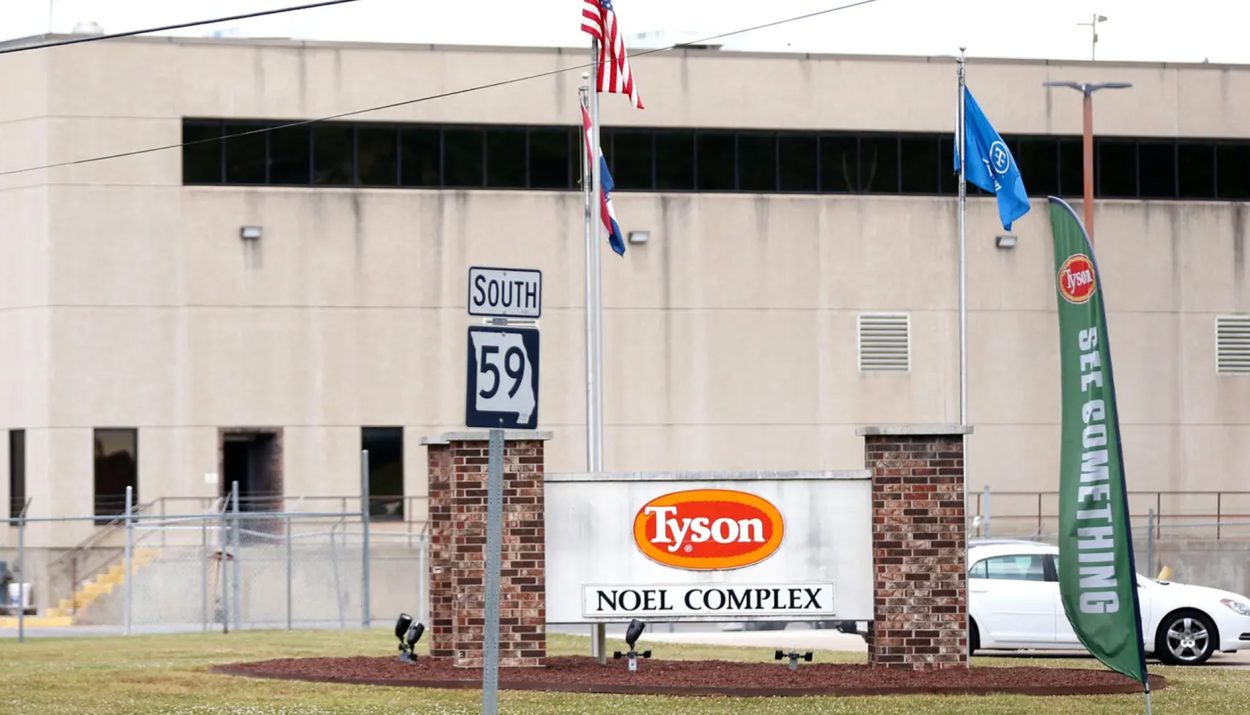In the heart of rural Missouri, the town of Noel faces a daunting battle for survival in the wake of a devastating blow: the closure of the Tyson Foods Inc. plant. With nearly a third of its residents suddenly unemployed, Noel finds itself at a crossroads, grappling with this factory shutdown’s profound economic and social ramifications.
Despite the challenges, Noel’s residents are resilient and determined to overcome adversity and find a way forward.
Rural Town in the Ozarks Faces Uncertainty After Tyson Foods Plant Closure
A small, rural town in the Ozarks is struggling to move forward after the closure of a Tyson Foods Inc. plant left nearly a third of its residents without jobs.
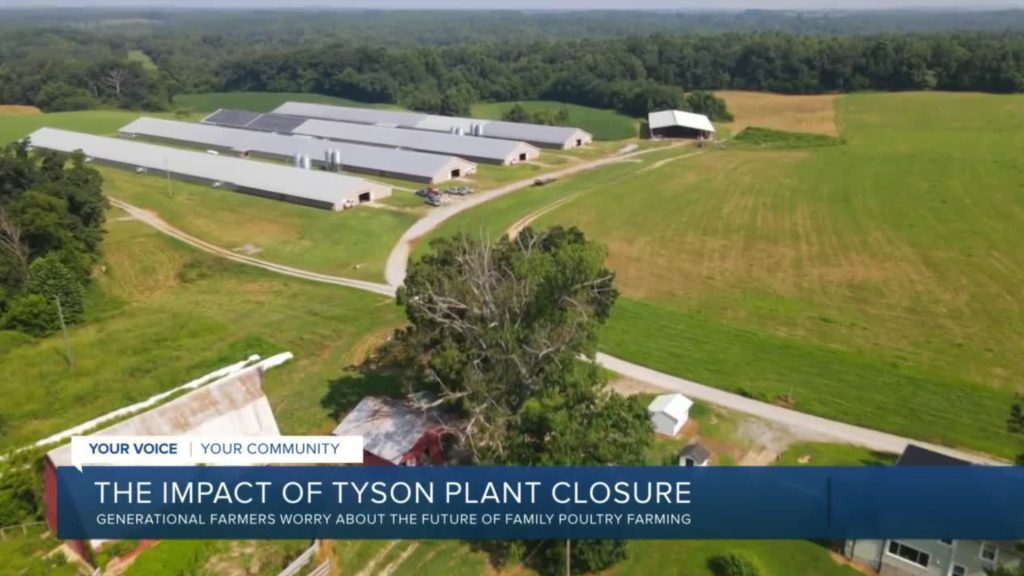
Mayor Terry Lance of Noel said “The people around here are resilient,” also he told Fox News Digital”I think a lot of the time you become as resilient as you have to be, and I’m not sure that that’s unique to small town America even.”
Tyson Food Closure Impacts a Tight-Knit Community
Last year, the Missouri town, with a population of approximately 2,000, was rocked by devastating news when Tyson Foods announced the closure of its chicken processing plant situated in the heart of the community.
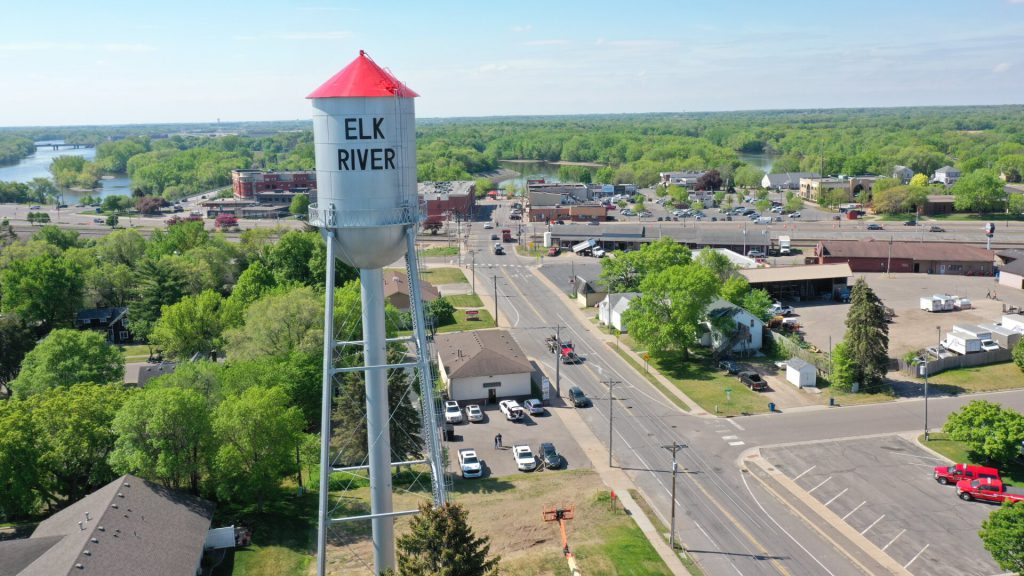
Acquired by Tyson in 1998 after the company’s buyout of Hudson Foods Inc., the plant had become the county’s largest employer, providing jobs to 1,500 workers, including 650 residents of Noel.
Mayor Terry Lance Expresses Concern Over Town’s Future
Mayor Terry Lance of Noel, Missouri, voiced deep concerns over the future of the town following the closure of the Tyson Foods Inc. plant. He said “I was concerned, very concerned that we might lose up to 25% of our population,”
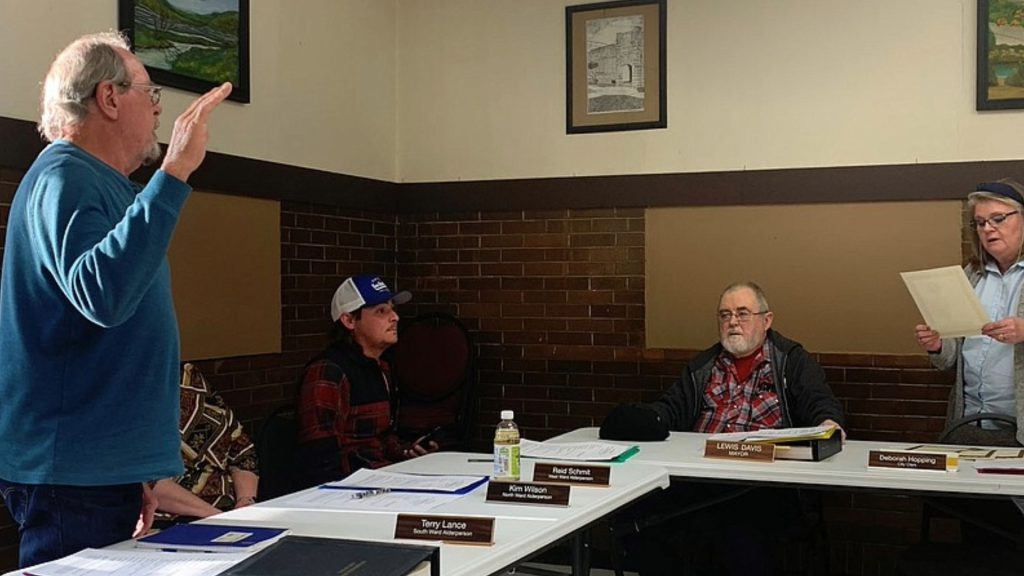
He also stated, “Everyone was concerned about it,” he continued. “Along with the population that I was afraid we might lose, I was concerned that we might lose up to half of our small businesses.”
Job Fairs Organized to Assist Unemployed Residents
Following the closure, Mayor Lance reported that the town lost over 300 residents, including Somali and South and Central American migrants who had come to Noel on H1B visas to work at the plant.

In response, Lance and McDonald County Chamber of Commerce President John Newby swiftly organized multiple job fairs, collaborating with numerous companies based in northwest Arkansas and Oklahoma to provide employment opportunities for the displaced locals.
Impact of Tyson Plant Closure Resonates in Rural Community
John Newby, the President of the McDonald County Chamber of Commerce, likened the closure’s impact to removing the auto industry from Detroit.
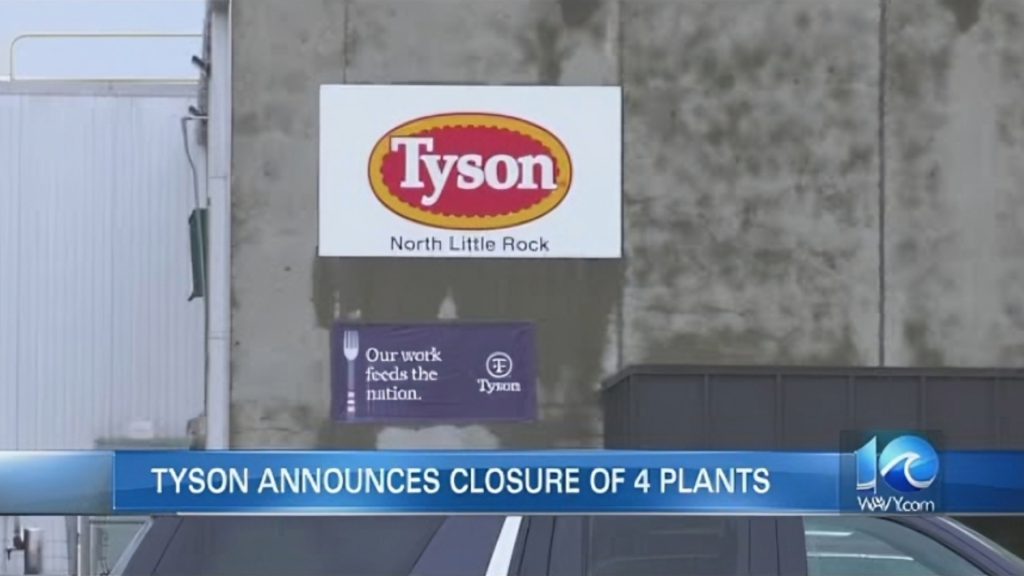
“That’s what the impact was here in McDonald County,” he explained to Fox News.
Former Tyson Employees Share Struggles of Unemployment
Jimi Lasiter, who had worked at the plant for 11 years, and her sister Theresa Lasiter, who had been there for five, faced uncertainty upon learning about the closure.”I panicked and started looking for jobs,” Jimi shared with Fox News. “It was hard to find anything.””
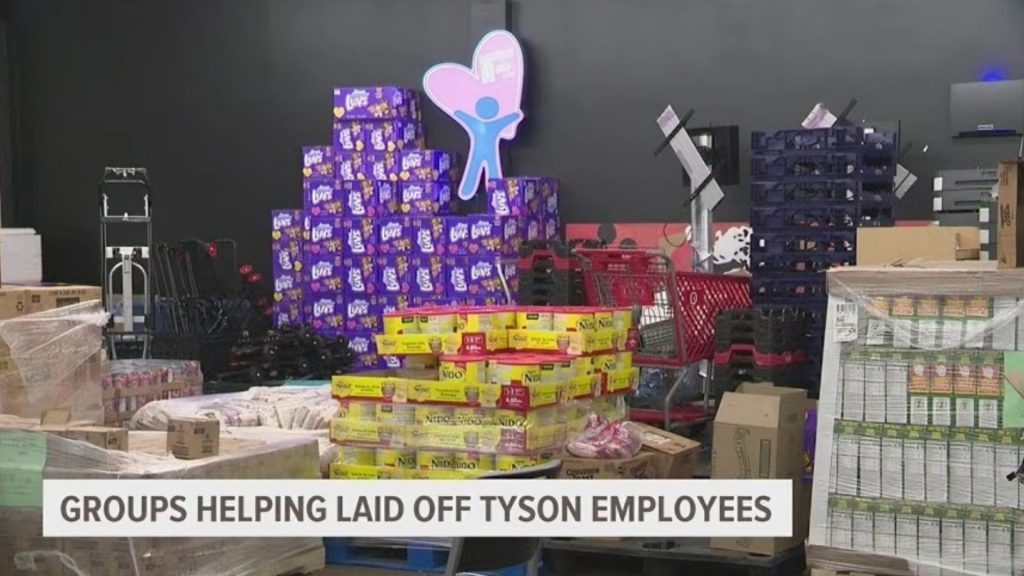
After nearly six months of unemployment, she eventually secured a job at another nearby poultry plant. Theresa, on the other hand, worked with a staffing agency for several months before finding another full-time position. She said “It’s not easy to find anything around here that will pay anything,” she said. “You get someone wanting to pay $11, $12 an hour, but they’re 45 minutes away. How am I going to survive on that?”
Economic Hardships Lead to Business Closures
The economic hardships resulting from the closure of the Tyson plant have led to the closure of several local businesses in Noel, further showing the town’s challenges.
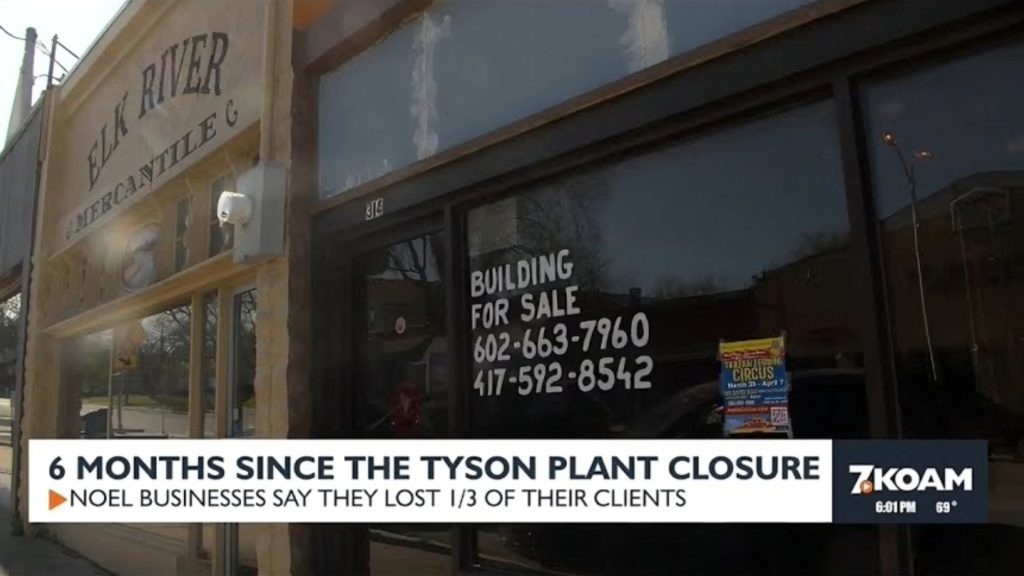
Theresa expressed shock at the closure’s effect on businesses, stating, “Most of the businesses relied completely on Tyson.”Lance revealed that Noel’s sales tax revenue has plummeted by nearly 25% due to the absence of Tyson workers’ spending. Consequently, the city council has been compelled to make budget cuts, including to the marshal’s office.
Optimism Amid Adversity as Town Looks to Tourism for Revival
Despite the economic challenges, some residents, like business owner Dustin Shurback, see an opportunity for the town’s revival through tourism.
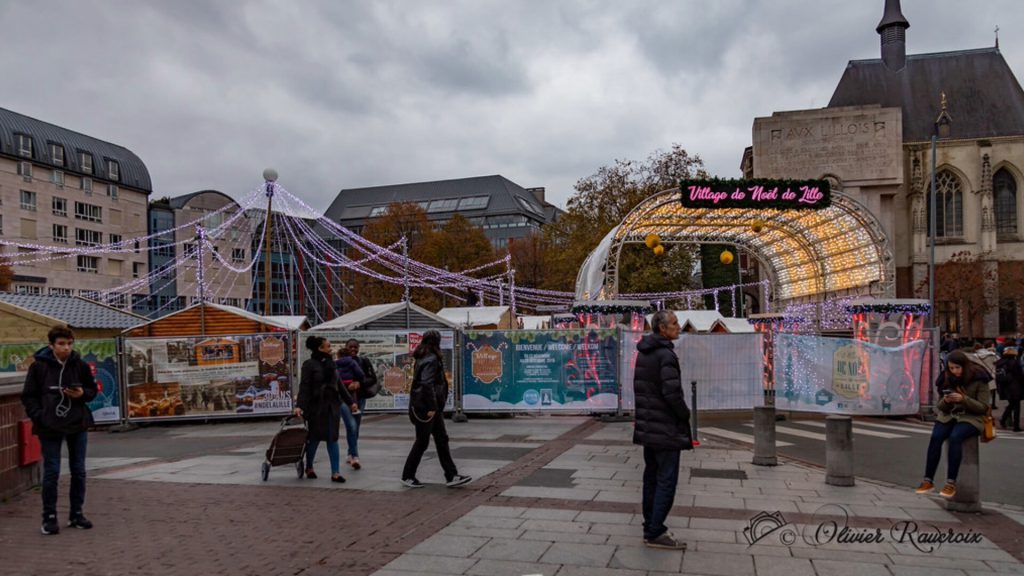
Shurback reported to Fox News “Speaking from the tourism side of things, which is a ton of our revenue, I feel like it’s a step in the right direction for the town of Noel,” He continued. “A large hit at first. I even felt it at my ice cream shop — our sales plummeted. It was pretty rough.”.
Formation of Noel Revitalization Team to Uplift the Community
In January, just three months following the plant closure, Mayor Lance and several fellow local business owners united to establish the Noel Revitalization Team, a nonprofit dedicated to fostering community cohesion and enhancing the town’s appeal to visitors. Their initial endeavors included coordinating a community-wide cleanup effort and installing flagpoles along Main Street.
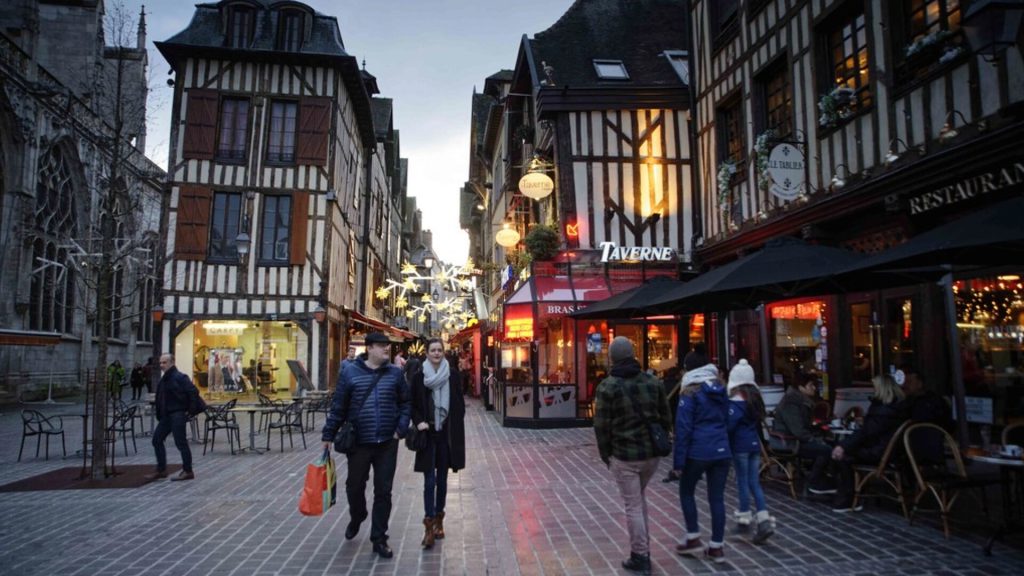
Shurback expressed optimism about the community’s collective efforts, stating,”I think as the community comes together and focuses its direction on tourism, I really feel like our town can make a huge rebound without having a processing plant,”.
Residents Divided Over Future Economic Prospects
While some residents are optimistic about the town’s future with a focus on tourism, others remain skeptical, expressing doubts about the sustainability of a tourism-based economy.

“I don’t think that that type of economy is going to work anymore,” Theresa remarked. “It would be nice, but the only thing around here now for tourism is camping or the rivers.” The Lasiter sisters echoed the sentiment, highlighting the impracticality of year-round tourism without fresh business ventures.”When we were kids, I remember there was a go-kart track and a movie theater. There was just tons of stuff to do. And now there’s nothing,” Jimi lamented.
Residents Reflect on Town’s Changing Landscape
Long-time residents of Noel reflect on the changing landscape of their town, reminiscing about its past vibrancy and expressing hopes for its revitalization in the face of adversity.
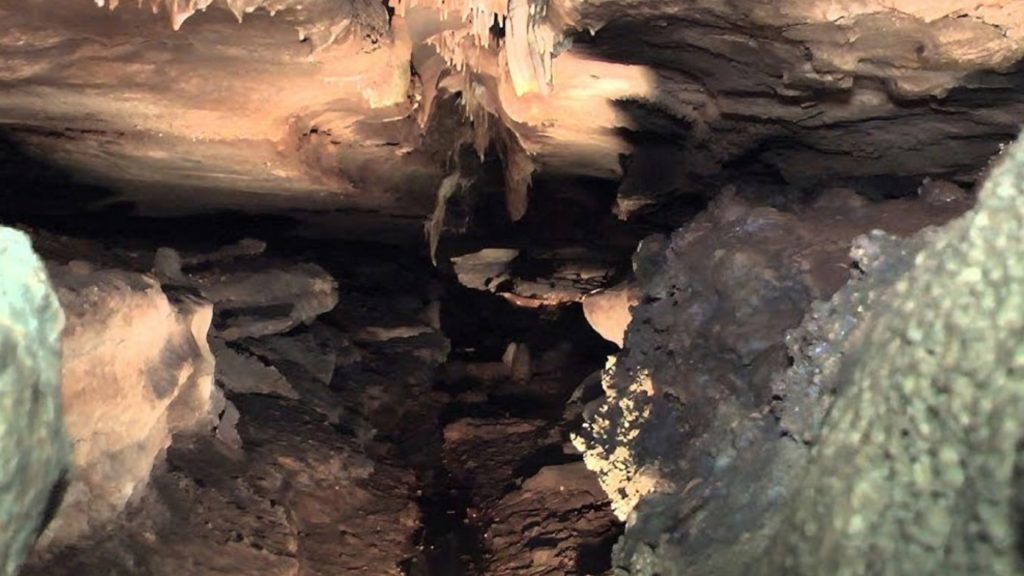
Shurback who was born and raised in Noel and owns three businesses said “But I think as the community comes together and focuses its direction on tourism, I feel like we can make a huge rebound without having a processing plant in town”.
Mayor Lance’s Vision for Noel’s Future
Mayor Lance remains hopeful about Noel’s future, emphasizing the town’s natural resources and the potential for attracting new businesses to foster a self-sustaining economy.

“As long as we have the bluffs and the healthy river system, Noel can have a good future,” Lance stated, “It’s there, we just need to take advantage of it.”.
Leveraging Noel’s Natural Beauty
Shurback, echoing the sentiments of many, emphasizes the need for Noel to leverage its exceptional geographical location. Situated in the southwest of the state, with the picturesque Elk River coursing through its heart, Noel boasts an abundance of natural wonders, including caves and bluffs, making it an ideal destination for tourists seeking an outdoor adventure.

However, Shurback notes that the poultry plant’s presence hindered tourism, with its associated odors detracting from the town’s allure. Additionally, Shurback remarks that the migrant workers employed by Tyson showed little regard for maintaining cleanliness or integrating into the community, further dampening the town’s appeal to visitors.
Uncertain Future, Resilient Spirit: Noel’s Journey Continues
As Noel grapples with an uncertain future in the wake of the Tyson plant closure, the resilient spirit of its residents remains a beacon of hope, driving efforts toward community revitalization and economic recovery.
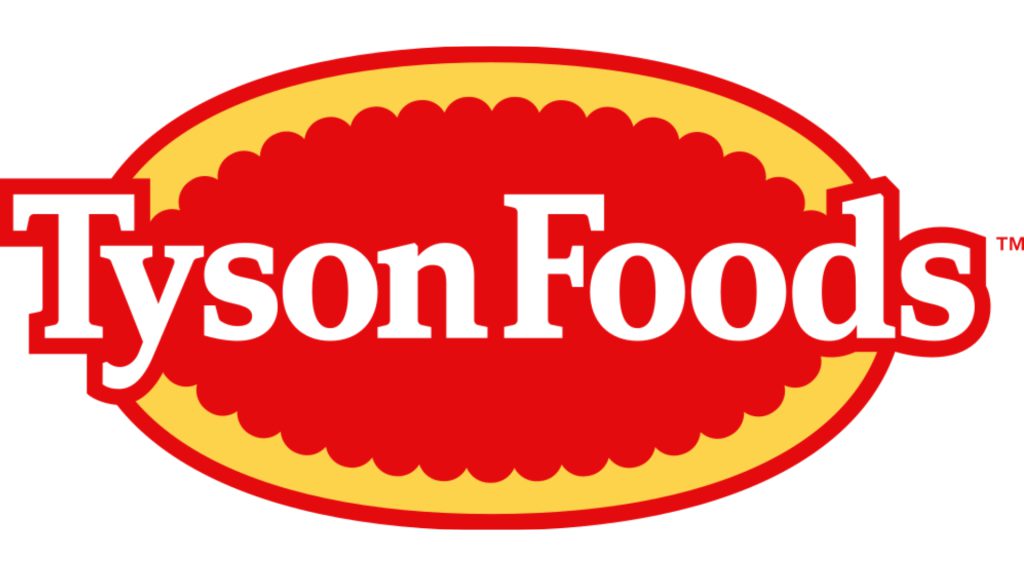
The story of Noel, Missouri, reflects broader challenges and opportunities faced by rural communities across America in adapting to economic shifts and charting a path forward for sustainable growth.

